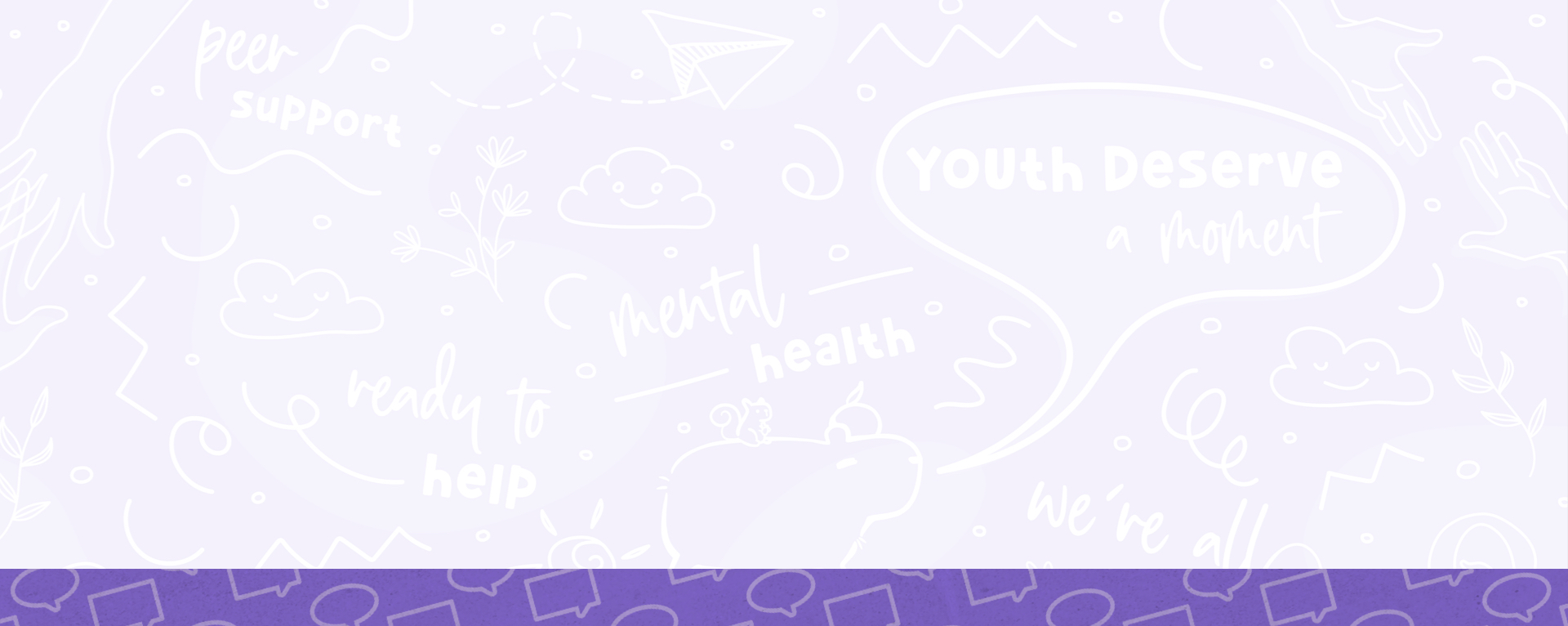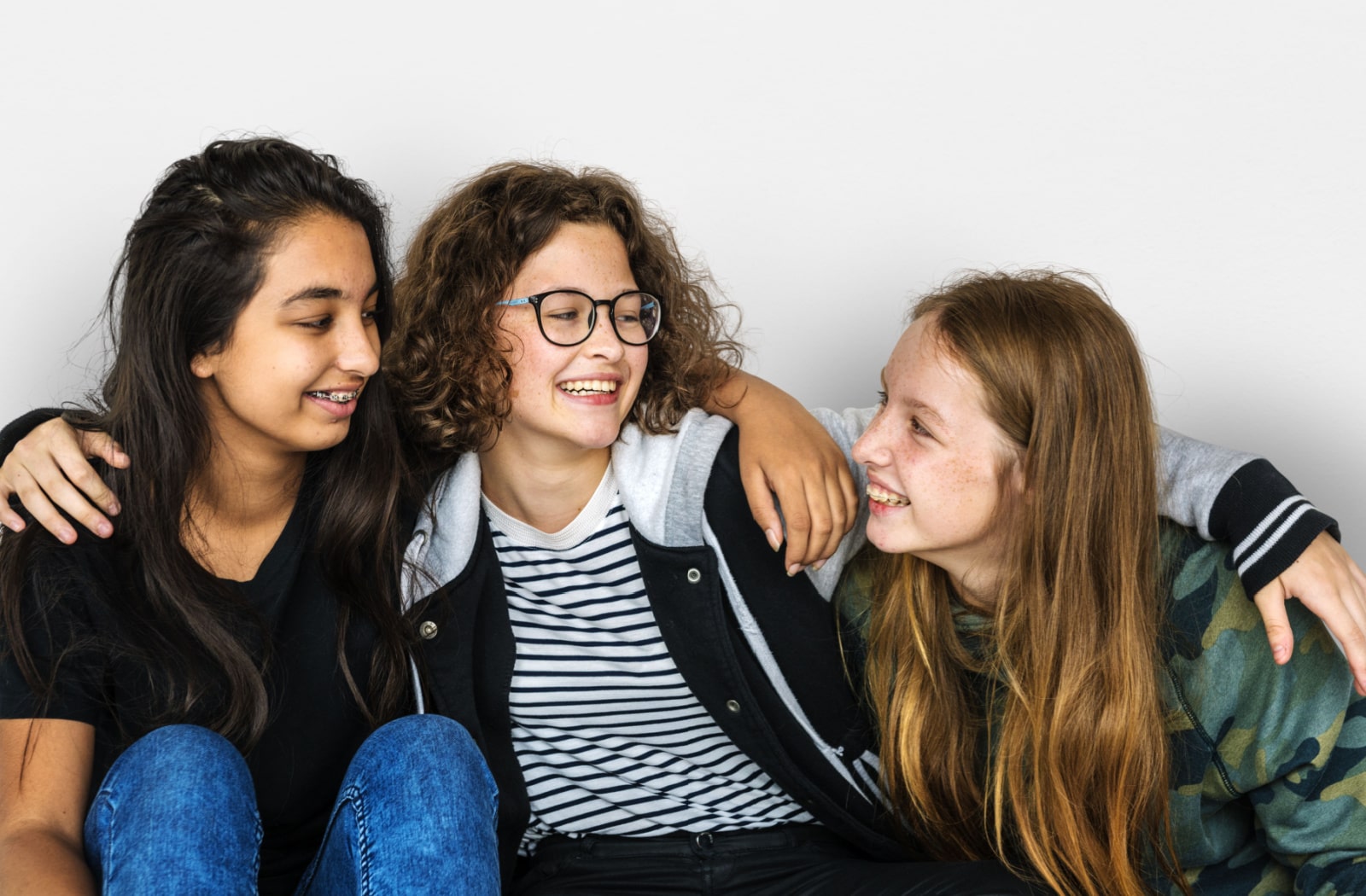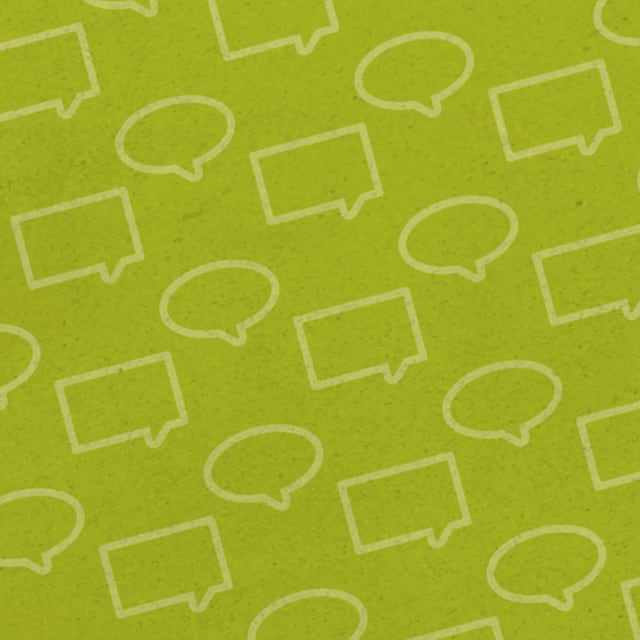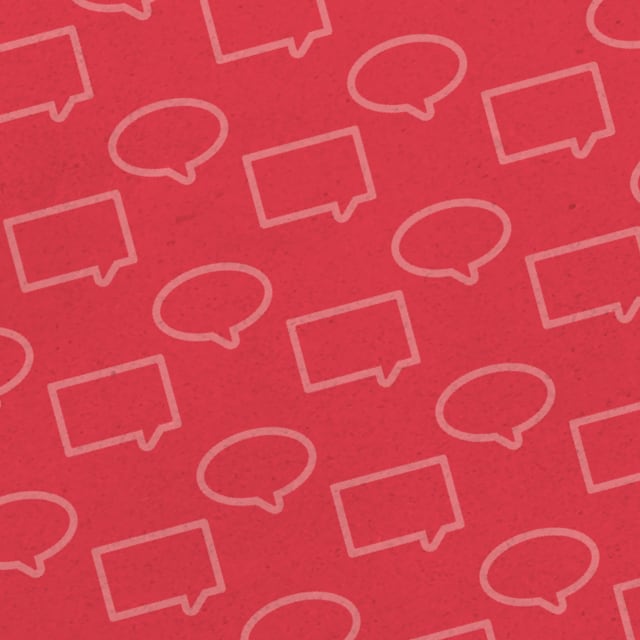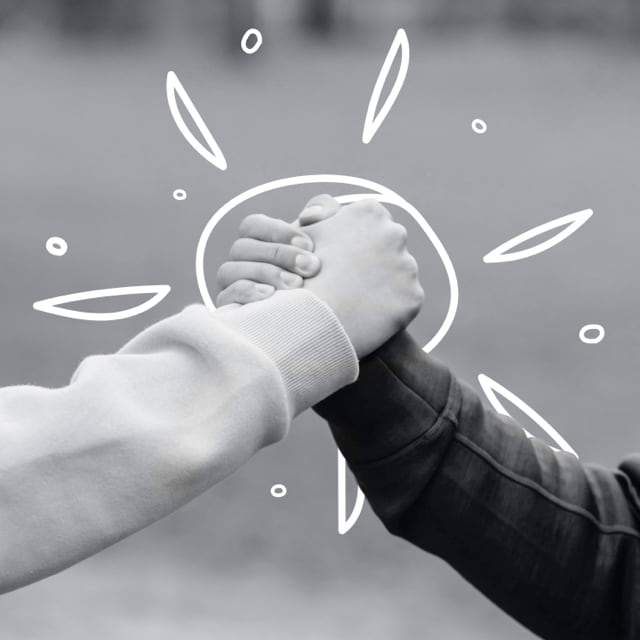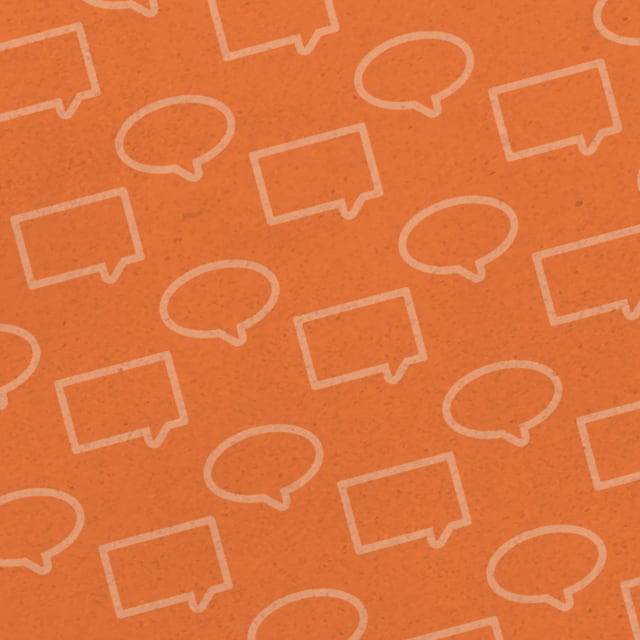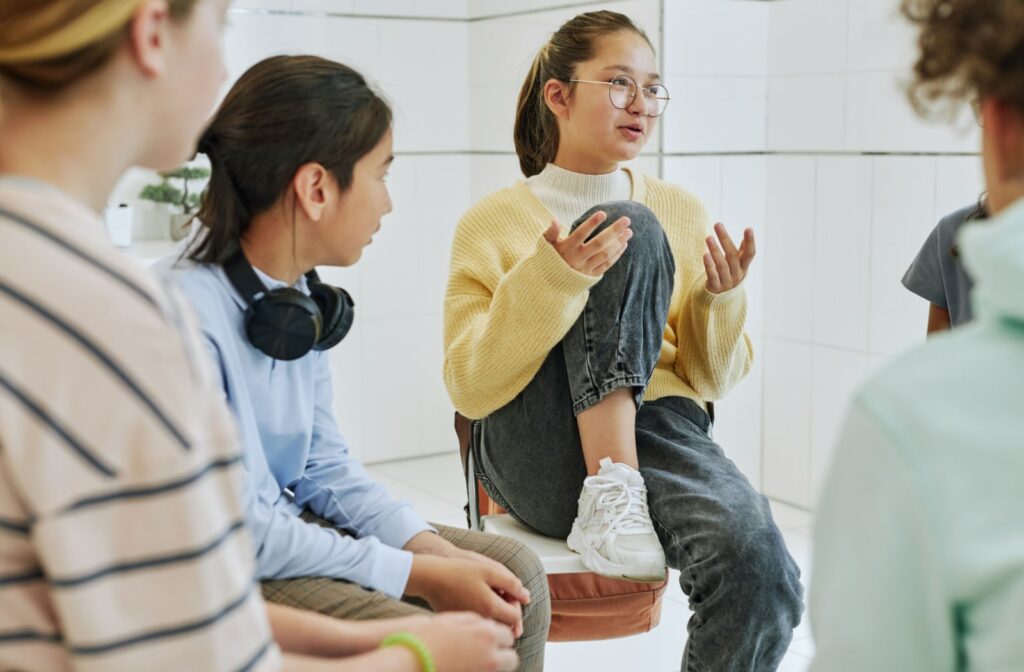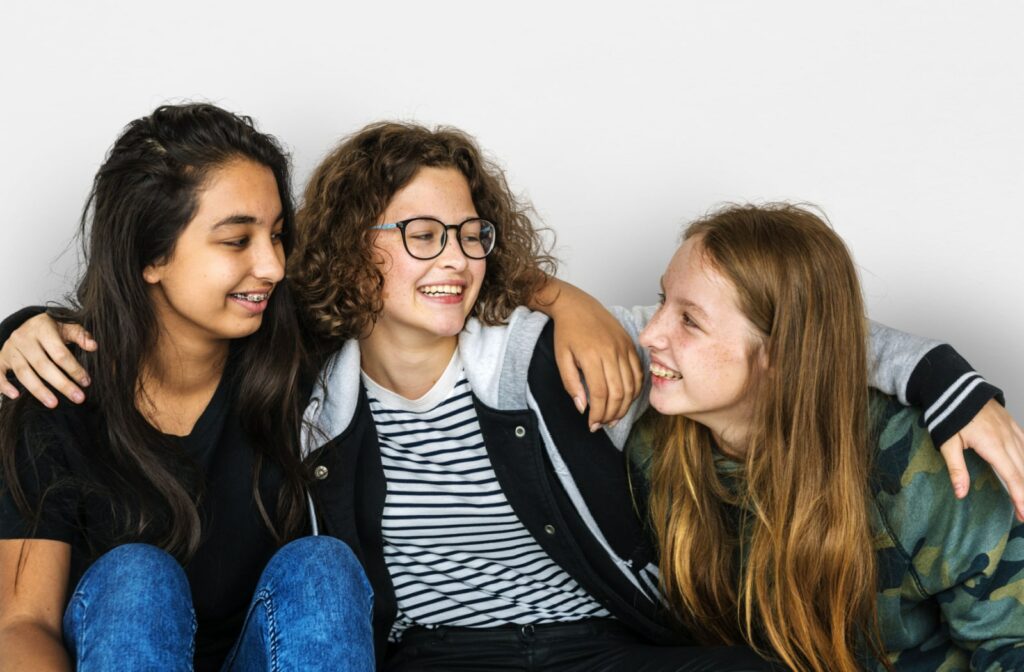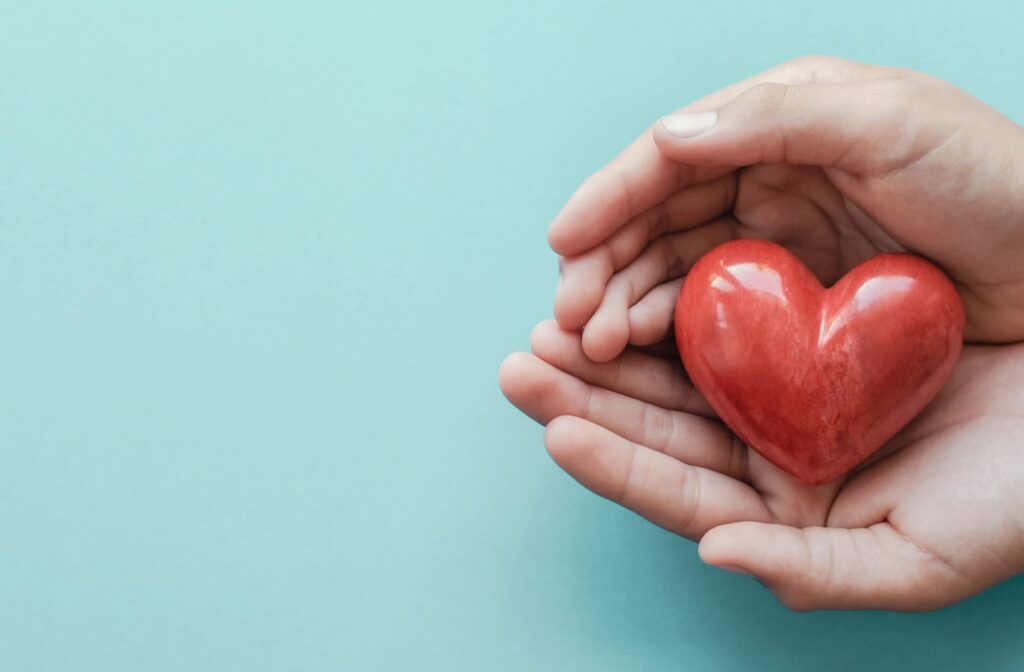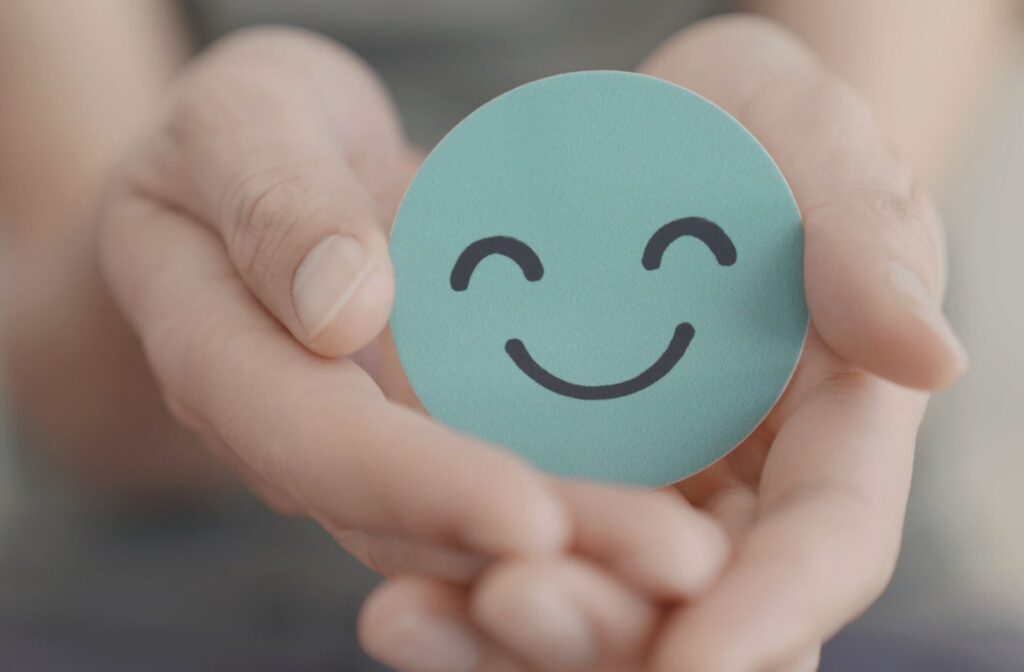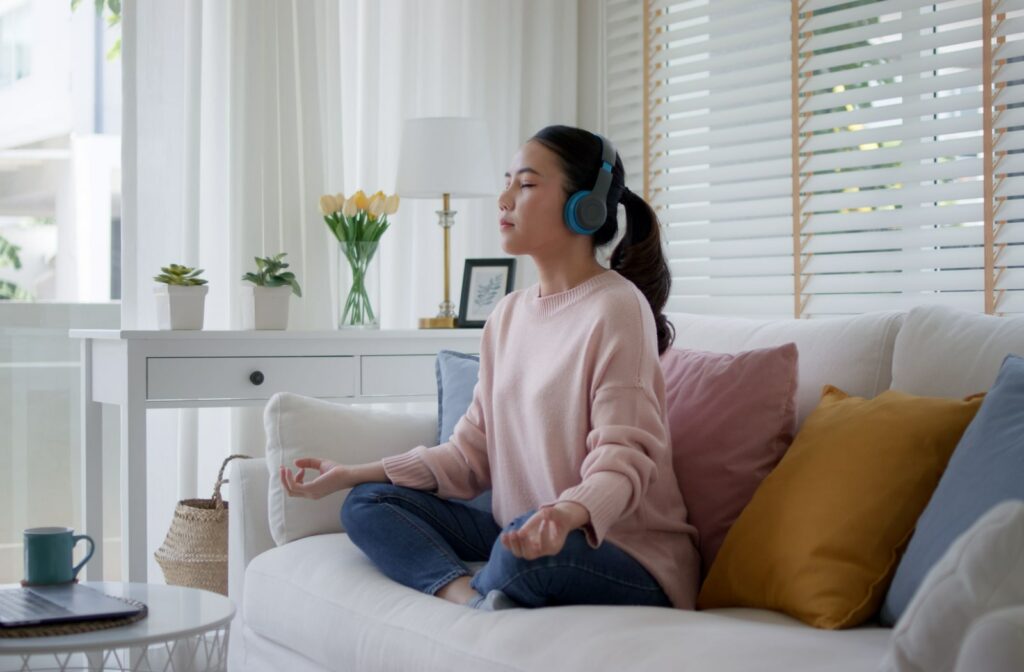We all go through tough times, and it’s important to know that you’re not alone.
Peer support is one of the easiest and most accessible ways to look after your mental health. When you have someone you can trust, who gets you and won’t judge you, it can make a world of difference.
What Is a Peer?
We understand that this may seem like an obvious answer, but let’s take a moment to define what we mean by “peer.”
A peer is someone who is at the same level as you and has similar lived experiences. It could be someone on your sports team, in your class, or part of the same club.
While you don’t need to share a birthday, peers are usually around the same age. For example, if you’re in grade 9, your closest peers are the youth at your high school. But don’t worry if your best friend is in grade 8, they still count as a peer.
The 2 Types of Peer Support
Peer support can be divided into 2 main types: formal and informal.
Informal support is more relaxed and unstructured, like talking with a friend during lunch break. All it takes is someone willing to lend an ear.
On the other hand, formal support is structured and often provided by organizations, programs, or clinical settings.
Talking to ConnecTeen volunteers, for example, would be considered “formal,” but don’t worry, you don’t need to dress up in a tuxedo or ballgown to reach out to us. It simply means that your ConnecTeen peers have additional insight and tools to offer.
Both types of support have their benefits.
However, sometimes your friends don’t have all the answers. Or maybe you’re afraid to share because there’s a stigma around mental health.
That’s where formal or organized peer support comes into play. You avoid the stigma because your peers have experience with the same feelings and won’t judge your mental health struggles.
Whichever type works best for you, go for it.

What’s the Benefit of Peer Relations for Mental Health?
So talking to your peers is a good thing—but why?
We’re often taught to keep our feelings to ourselves, thinking it shows independence. And sure, being able to work through your emotions is important for your mental health. But when you only talk to yourself, you can get stuck in the same loop, going nowhere fast.
That’s where talking to a peer comes in. It gives you a new perspective. Seeing your life through someone else’s eyes can help you see yourself more clearly. When your feelings are spiralling out of control, having a peer by your side can help you stay grounded.
Need advice on submitting your artwork to a contest? Ask a friend for their input. Feeling down about a test mark? Your classmate might have a study strategy you’ve never considered. Feeling like burnout is coming? Your friend might know exactly how you feel.
Peer relationships are all about being equals. You don’t need someone to fix all your problems. What you need is someone who’ll listen and support you without judgement.
Don’t let the stigma around mental health make you second-guess yourself or isolate yourself from others. Reach out to your peers. Share your concerns, seek guidance, and take care of your mental health.
3 Guidelines for Peer Support
Find the right time to open up.
If you’re looking for informal peer support, find a place and moment that feels right. Avoid trauma dumping during a class break. But do vent with someone you trust. You don’t have to schedule every conversation—but pick a spot where you can be honest and not worry about running out of time.
Choose the right peer to talk to.
You have options—both casual and formal. You can chat face-to-face or reach out in DMs. If you’re unsure who to talk to, start simple. Share something easy with a friend or classmate and see how they react.
The way your peer handles the small stuff can clue you in on whether they’re stuck with mental health stigmas or if they’re a judgement-free ally.
And if you have something big on your mind that you need to let out right away, your ConnecTeen peers are here to listen.
Talk about the good and the bad.
Saying your thoughts out loud gives you a chance to process your feelings and find ways to make things better. But only focusing on the bad can reinforce negative thought patterns, so talk about the good, too. You might be surprised by how much there is worth sharing.
Peer Support When You Need It: Let’s Talk
We’ve already mentioned that the incredible volunteers at ConnecTeen are here to provide peer support. And the best part? You can reach out to them anytime, about anything.
We’re here to shake off the stigma attached to mental health. Because it’s good to talk about it. In fact, that’s the best first step toward taking care of your mental health. So, if you need to talk, your ConnecTeen peers are always here to support you. Don’t hesitate to reach out.

